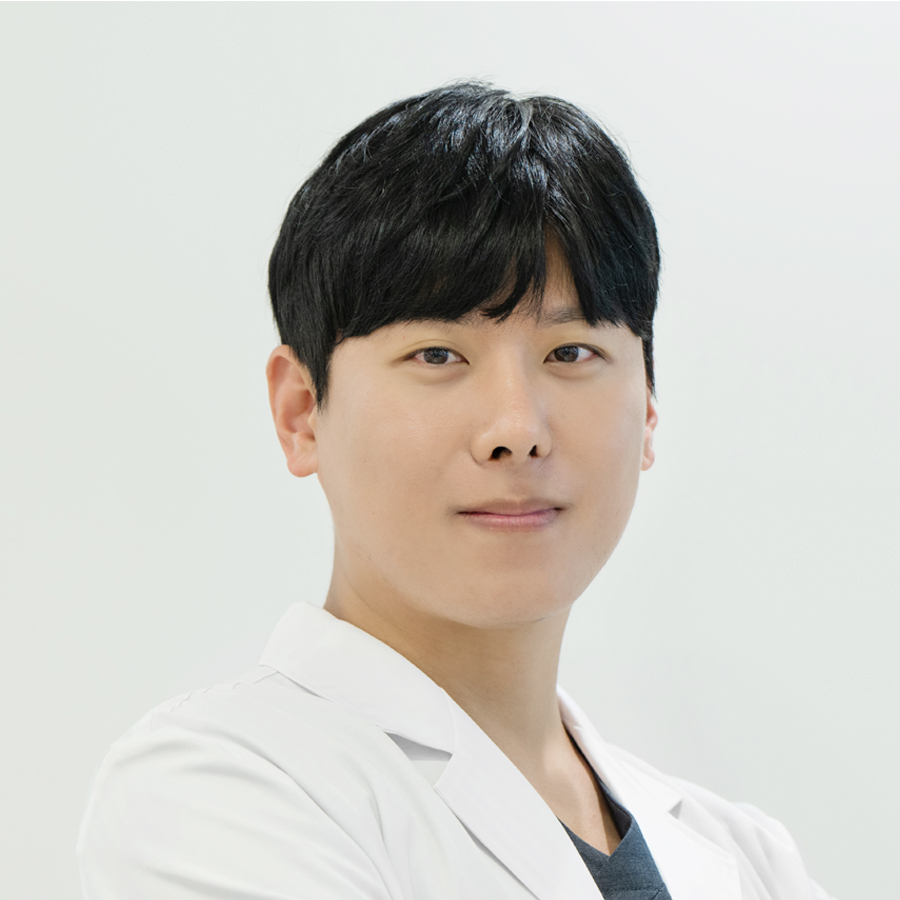This is going to be a long post, so I hope only those who have time will
read it. To start with the conclusion, I am of the opinion that you should not get contouring surgery if possible, and
even if you have to do it, I would like to give you advice on which hospital you should choose.
I am a man and I am a bit of a perfectionist by nature. Close to.
I underwent contouring surgery to create a square jaw and t-bone advancement of the front jaw (8mm). I
am currently experiencing numbness in the lower teeth (tight teeth), numbness in the gums of the four lower teeth, tight front jaw muscles, and slight pain in the front jaw. I am
depressed because I am experiencing these things. Since it is true, please take that into consideration.
First of all, there are many plastic surgeries, but when deciding on contour surgery, you must consider the (benefit < loss) aspect. Side
effects 3 representative side effects according to 10 contour surgery doctors on YouTube called Dr.
1. Paresthesia 2. Nonunion (absence or absence of union after bone osteotomy) 3. Sagging These are broadly discussed in three categories, and in addition to these, I
think it also goes into 4. Psychology. I am not simply talking about the phenomenon and results. Even if I solve my complex after plastic surgery,
I think that in the end, it will create another complex rather than a solution.
1. Paresthesia
It may be easy to think of it as a paresthesia, but since you are experiencing it now, there are many different types of symptoms. It's an important problem that encompasses a wide range of issues.
At first glance, the four parts I'm experiencing may all be different stories, but they're problems related to paresthesia.
There are many other side effects other than the side effects I'm experiencing, so it's a really big side effect.
2. Nonunion Just thinking about it. It's easy to do, but facial bones in particular are really different from leg fractures or other parts. First of all, there are very few cases these days where the union itself fails (but if nonunion occurs, it leads to a really big problem.)
What we need to think about here is: What you touch is bone. A person's facial bones become smaller as they age. In particular, the jawbone shrinks significantly.
However, rather than the area cut in contour surgery being greatly reduced, the part called our gums (alveolar bone) gradually shrinks due to the loss of teeth. And as muscle strength decreases with age, the bones on the outside that we can touch also gradually shrink. What happens then? When you look up the
amount of bone shrinkage on Google, it is bigger than you think. It is reduced by about 30 to 40 percent. In the grand scheme of things, it is already there. What about people who have undergone reduction surgery? If you fall or hit something, there is a very high chance of breaking it.
Of course, no one knows how big medical advancements will be in 40 to 50 years, and if you did it in your 20s, you can work hard to take care of your bone health in advance to prevent osteoporosis, but it is not certain that there may be a problem
(I would like to have surgery on this part) I didn't know this before. Of course, the doctor didn't explain this part, and if I had known about this part before surgery, I wouldn't have done it (because it's certain that you'll have trouble as you get older). It's a different story from sagging.
3. Sagging is basically the biggest thing to think about before contouring surgery. But in the end, it is a part that is far behind in importance. Sagging is something that inevitably occurs as we age (regardless of whether or not there was contouring surgery+reduction in skin elasticity+reduction in bone mass in the upper facial bones), and the most important thing here
is surgery. It doesn’t matter whether sagging occurs or not. Rather than considering the cause and effect of the surgery, sagging will inevitably occur in the end, so
the important issue is that the sagging pattern is different from that of people who have undergone contouring surgery.
I'll stop talking about sagging here because
I really wanted to know that this was a thing before contouring surgery, and I didn't know about it. You should know that there are many losses that you do not even think about
simply doing it to erase your complexes to look pretty.
If you think that there are many (gains > losses) after seeing this,
now here I will tell you what is important when choosing a hospital
. The important thing is not to be hasty. Usually,
the impatience that starts with the idea that something should be done when one is at least one year younger gradually becomes more severe.
You shouldn't be in a hurry. This is because you have to choose the hospital that suits you and the surgeon (doctor). It's difficult, but in the end, you
just sell the hospital, read reviews, go for a consultation, and it's difficult, or you suddenly get hooked on a certain hospital (usually on YouTube). In this case, usually after receiving a consultation, I feel impatient because of the reservation fee (!!!!!). If the surgery fee is about 700 won, I usually pay a reservation fee of 70 and this 70 is an important decision in my life. If cost is an issue in case of an unfortunate incident that interferes, do not usually perform surgery during peak season (winter). There is a huge difference in surgery prices between peak and off-peak seasons.
You should never, ever
choose a hospital because you are blinded by such things as reservation fees, blinded by impatience, or blinded by images on YouTube or other places
. (I did that)
The most important thing is to communicate with the surgeon.
Next is career or other aspects. Counseling is the most important.
Of course, the more counseling you receive, the better.
You will be able to see the differences that you feel, so the most important thing is whether the doctor is really focusing on you.
(It is up to you to judge whether the doctor is pretending to be concentrating on you or is really concentrating.)
Only by doing this can a proper bond be formed between the doctor and the person receiving the surgery, and the satisfaction level after the surgery will also be high.
I don't think plastic surgery is bad, so I think it's worth a try if you're really sure about the (benefit > loss) part.
However, what's important and problematic is that you
need to decide whether the benefits you know
are really benefits or
whether there are any losses you don't know about,
and think about it once more.
As to whether the benefit is really a benefit, even in the many Photoshop advertising companies, if you look at the reviews really calmly, you can see that there are also surgery recommendations or advertising reviews disguised as Photoshop, and those parts become like fake advertising benefits, so when you make a decision to have surgery (gain) > I want you to be sure to consider whether you are involved in the weighing of damages.
What I felt after having plastic surgery for the first time. I wrote this long article because I wanted to give some advice to latecomers in the future that they will not regret . I hope
you will think about it at least once after reading it.
I regret it, but it's already spilled water and I can't contain it, so I either live calmly or give up.
 님
님
 땡전
땡전













